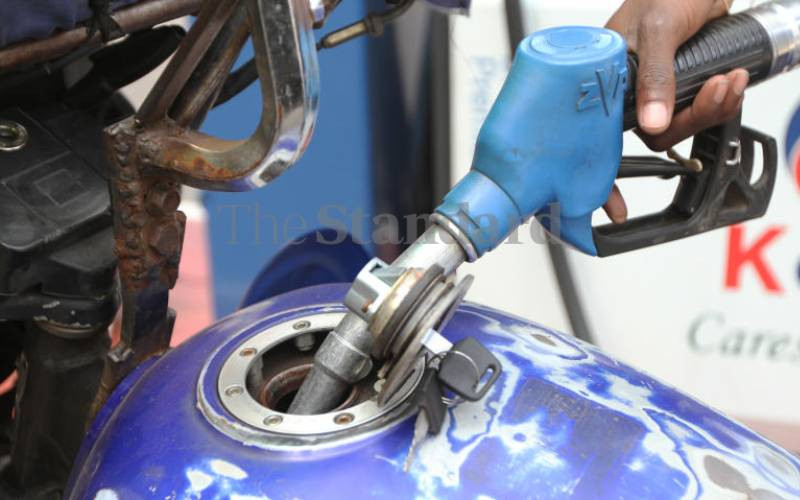×
The Standard e-Paper
Smart Minds Choose Us

The government has retained subsidies on diesel and kerosene to prevent a surge in the retail prices of the two products over the next month.
This is even as it continued to deny super petrol users a drop in retail prices and instead used the savings petrol consumers - mostly private motorists - would have got to cushion consumers of diesel.